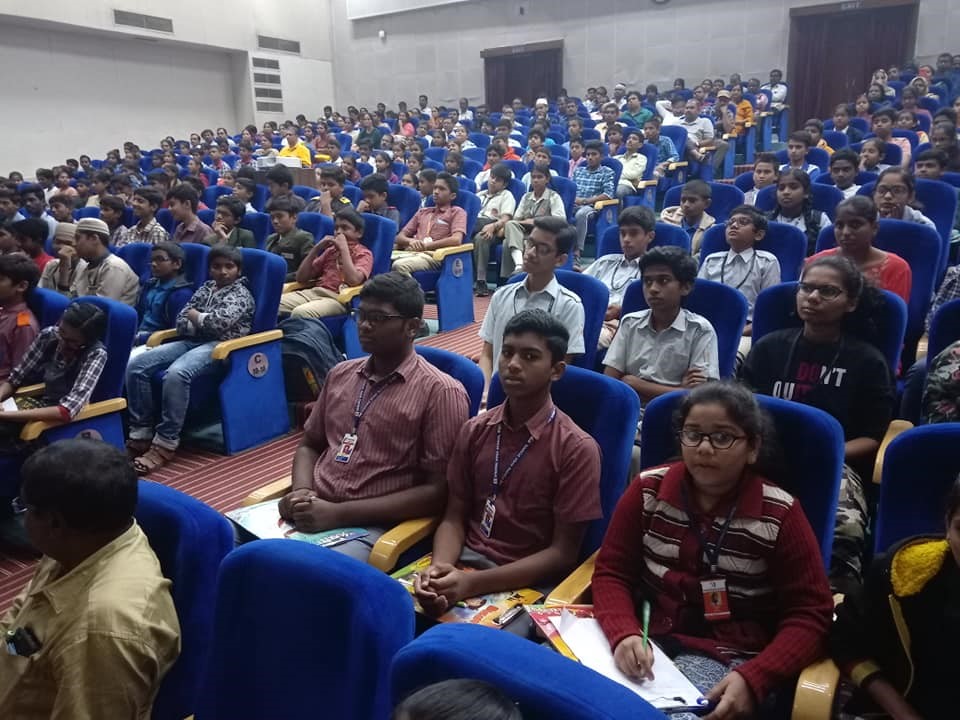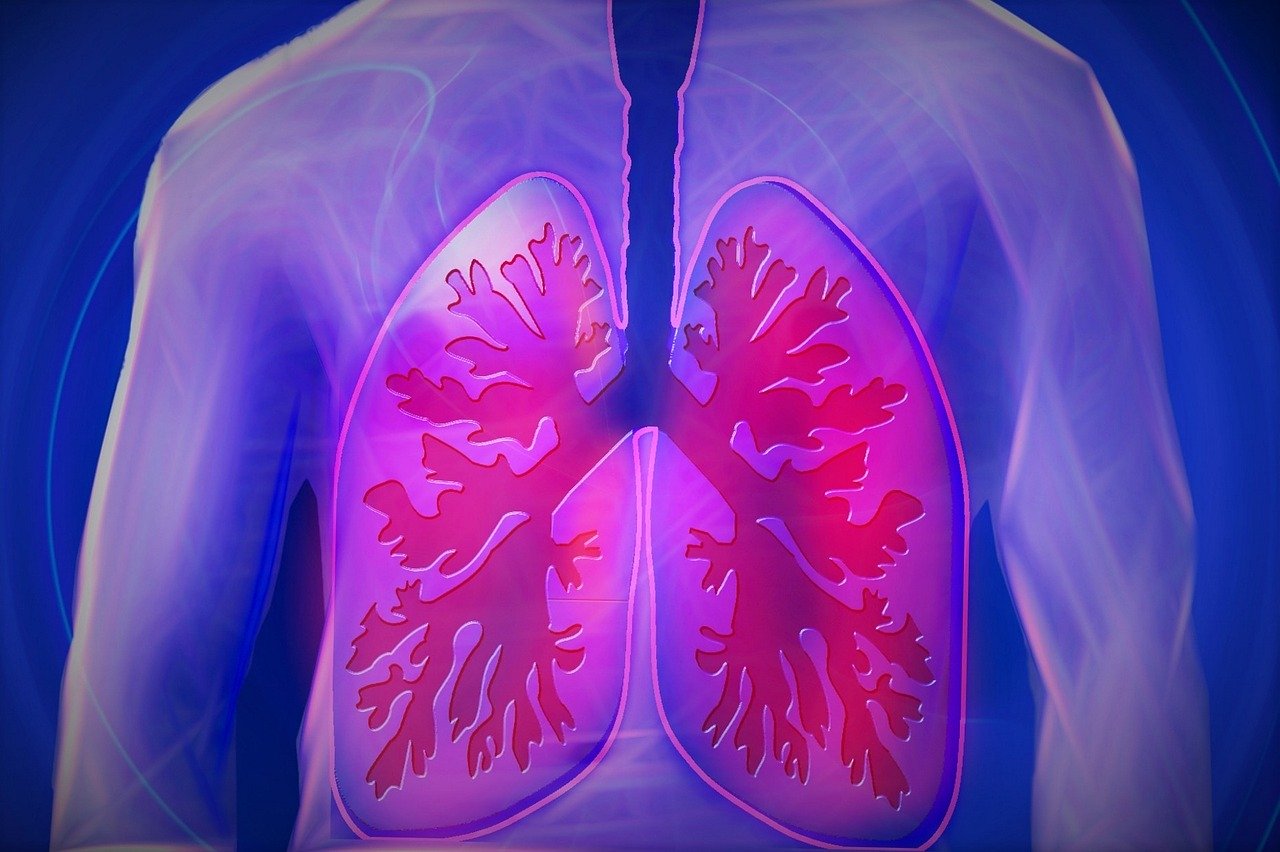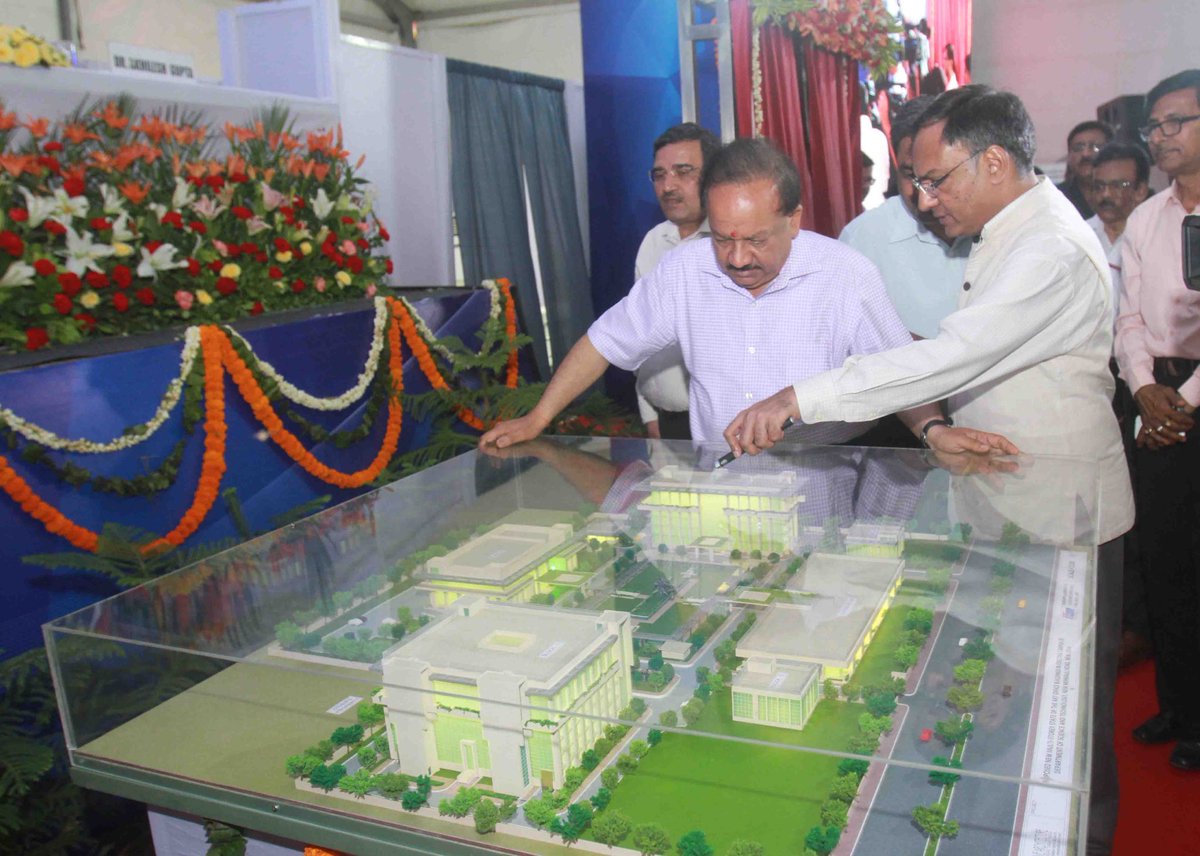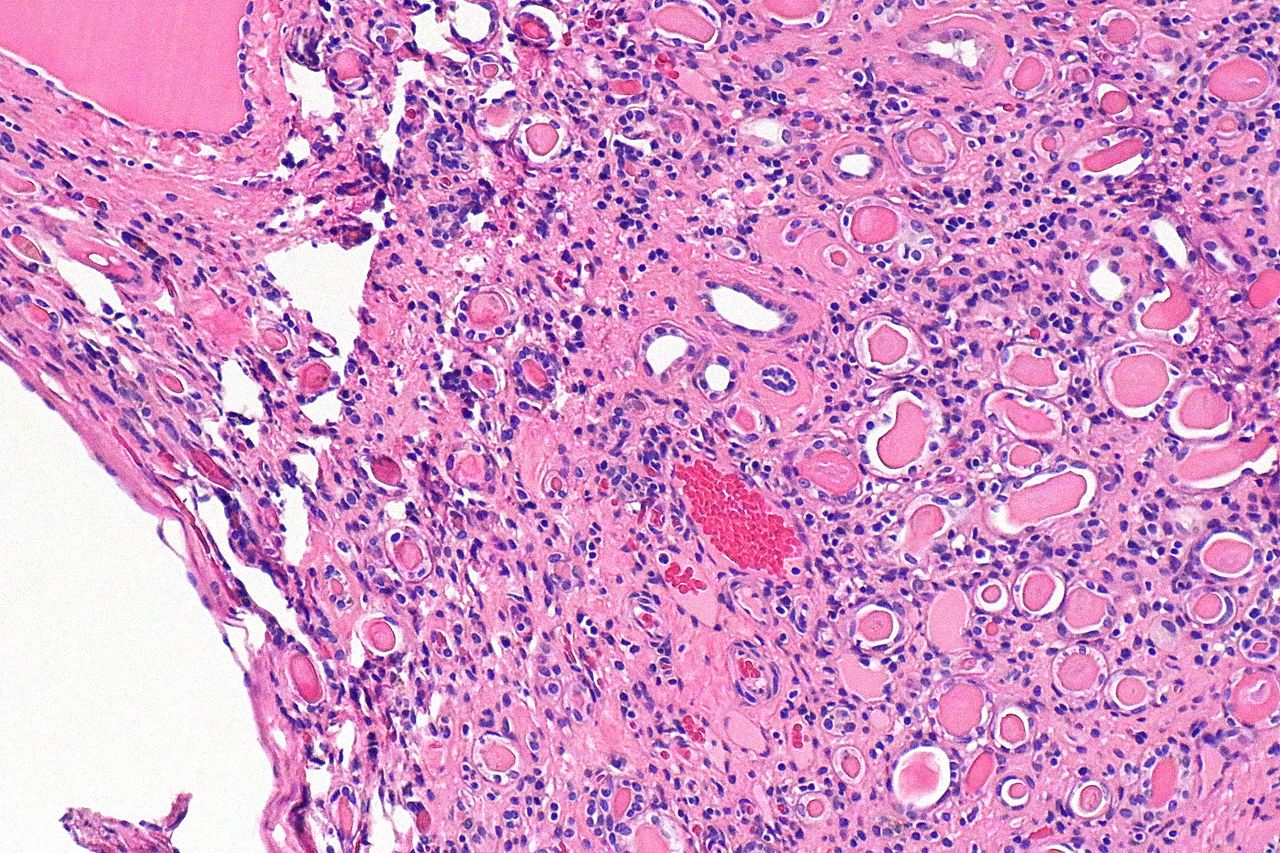Council of Scientific and Industrial Research-Centre for Cellular and Molecular Biology (CCMB), Hyderabad kicked off its 7th Young Innovators’ Program (YIP). More than 200 students applied for it out of that around 25 selected students of 8-10 grade got selected to participate in the program. YIP is an initiative to familiarize students with research methodologies and CCMB’s focus areas in life sciences.

The students selected this year will spend two weeks, from Dec 31, 2019, to Jan 13, 2020, at CCMB indulging in experiments and other activities that hones one’s observational and analytical skills, interactive sessions with scientists and understanding different kinds of opportunities for researchers – from academia to entrepreneurship.
“India is a country with the most number of youths. Given the right exposure and training, we aim to develop scientists and innovators who want to go beyond the known as well as solve India-centric problems” said Dr. Rakesh Mishra, Director, CCMB.
In the kick-off program, Dr. V M Tiwari, Director, CSIR-National Geophysical Research Institute, Hyderabad delivered a lecture on sustaining water availability and inspired attendees to take urgent action on water conservation programs.
During this program, the participants interacted with active scientists at CCMB and gave hands-on experience in research. The program gives children an opportunity for close interaction with the scientists and also gains the first-hand experience of research work.
The students are selected in two stages for this program. In the first step entries of students were called from various schools. Name of not more than two students was called from various schools for this, a school may use any matrix of selection to select students. As rule students who have participated last year are not allowed to participate this year.
The student has to undergo a screening test with multiple-choice questions based on which only a few students were selected for the two-week program. The test to choose the YIP 2020 participants this year was conducted on Dec 26, 2019, at the CSIR-Indian Institute of Chemical Technology auditorium.
This year YIP 2019 held at the Indian Institute of Technology (IIT), Kharagpur from November 8 to10, 2019. There were 100 finalists from across Asia who participated in the grand finale. This international science and technology competition witnessed a participation of close to 2500 students in classes VIII-X in the previous rounds from an initial outreach of more than 4500 schools globally. Apart from various regions in India, students from Singapore, Indonesia, Malaysia, UAE, Saudi Arabia, and Kuwait participated in the event. (ISW)
If you liked this article, then please subscribe to our YouTube Channel for the latest Science & Tech news. You can also find us on Twitter & Facebook.



